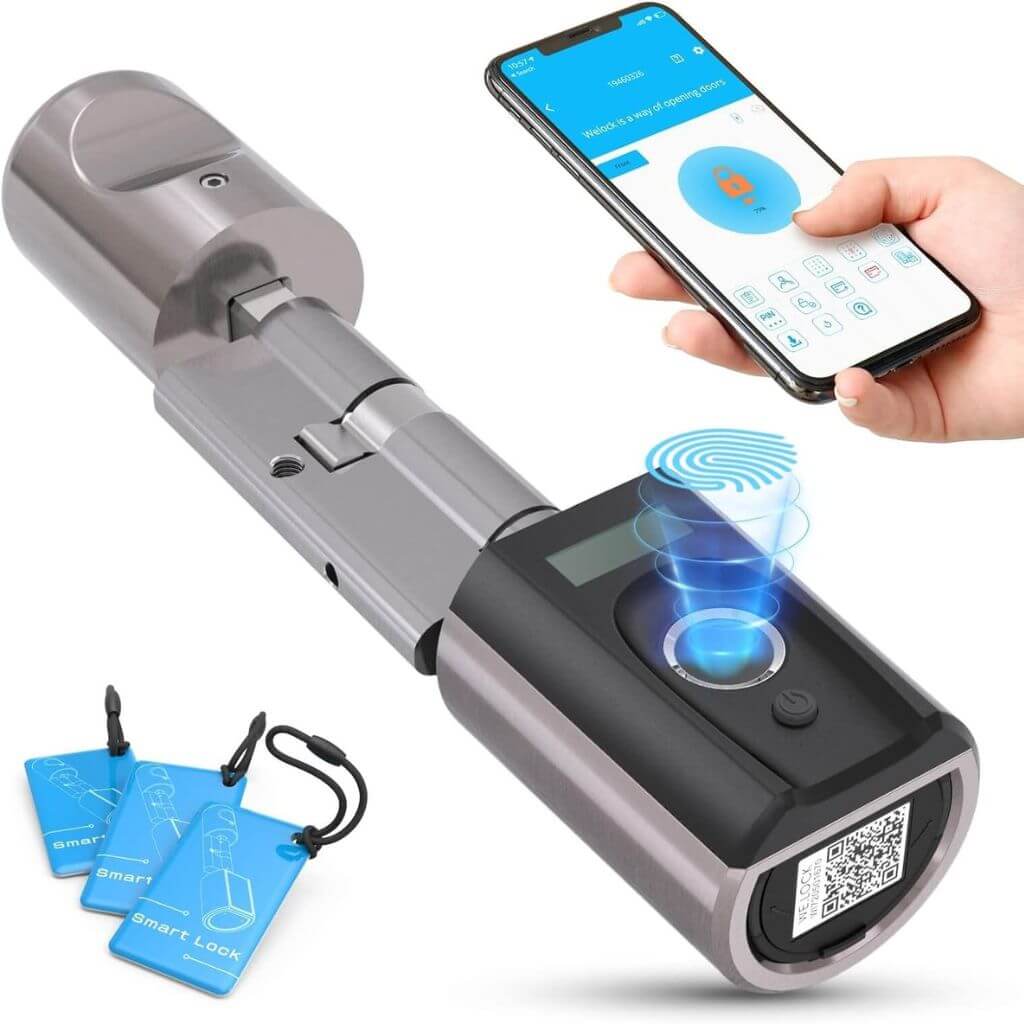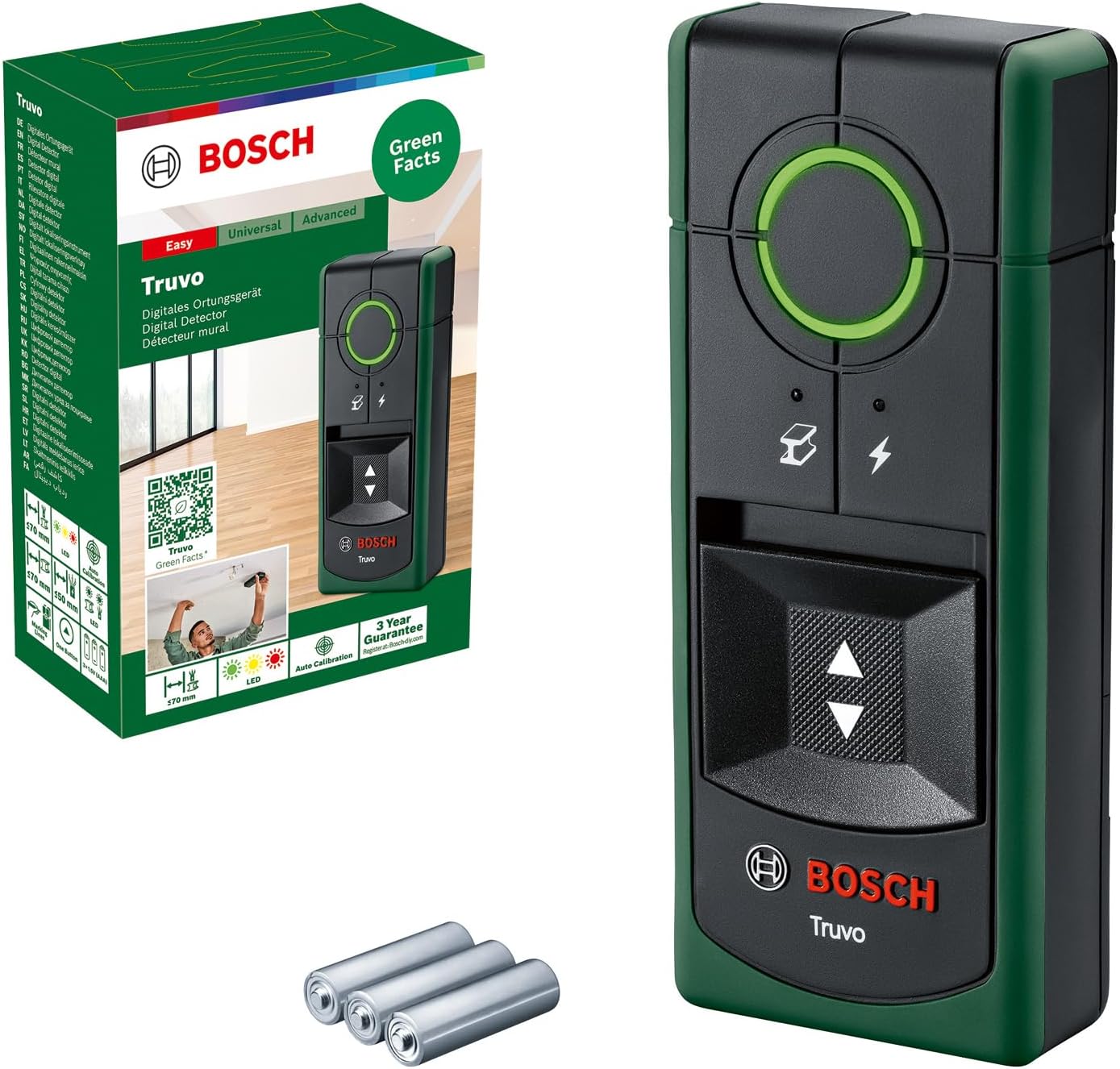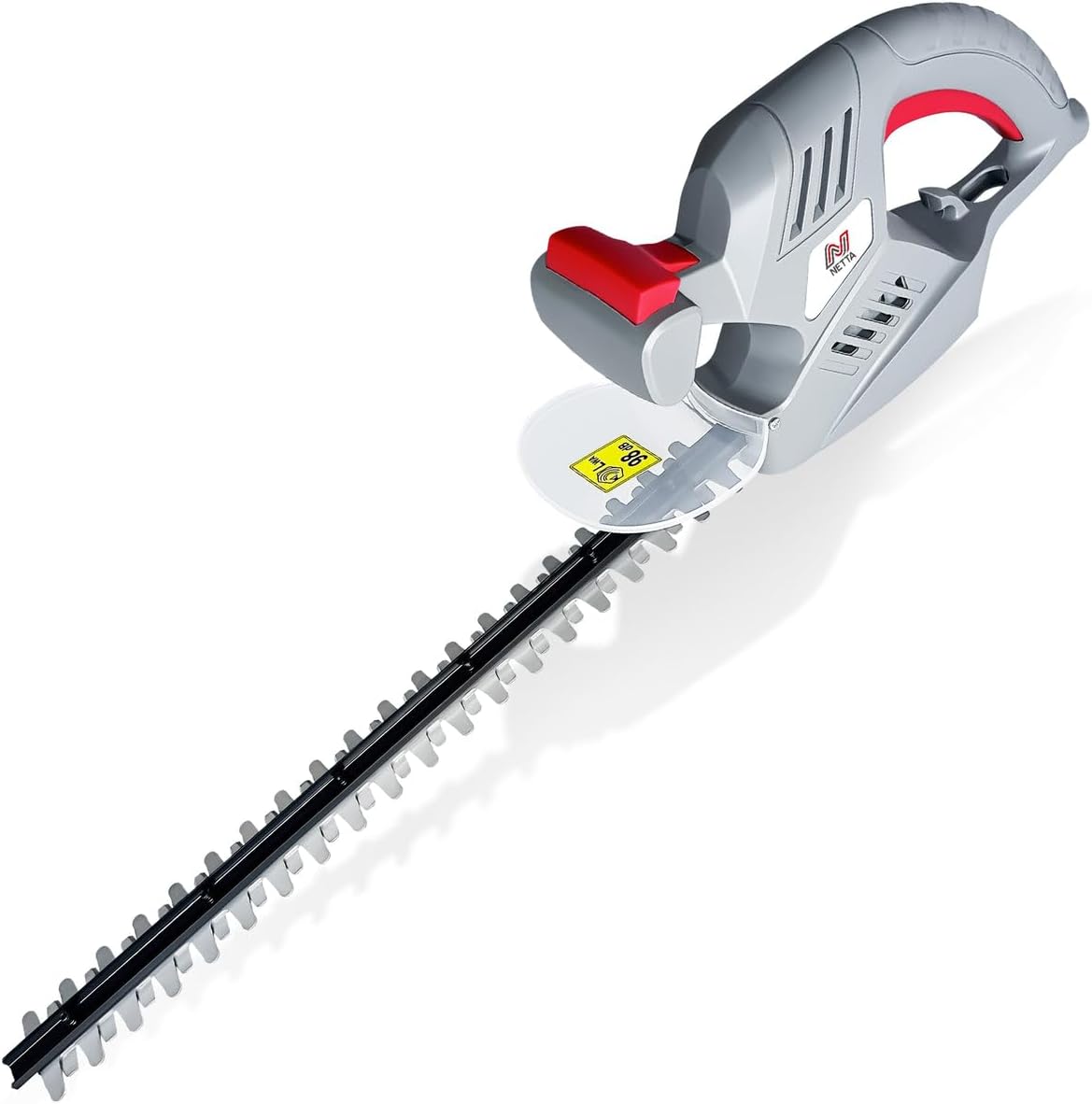
In the fast-paced world of smart home technology, one key component that homeowners are increasingly investing in is a smart door lock. With the convenience and security they offer, it’s no wonder that smart door locks have become a popular choice. However, when it comes to choosing the right type of smart door lock for your home, you may be faced with a daunting decision: Wifi or Bluetooth. In this article, we will explore the differences and advantages of smart door lock wifi vs bluetooth, helping you make an informed choice that suits your needs.
Overview
Definition of smart door lock
A smart door lock is a revolutionary technology that replaces traditional lock systems with advanced security features, allowing you to control and monitor access to your home remotely. It combines the convenience of a traditional lock with the intelligence and connectivity of modern technology.
Importance of smart door lock technology
Smart door lock technology brings numerous benefits to homeowners. By using WiFi or Bluetooth connectivity, you can enhance the security of your home, conveniently grant access to authorized individuals, and have peace of mind by monitoring all activities related to your door lock. With the rise of smart homes, smart door locks have become an essential aspect of home automation, offering convenience and increased security.
Comparison between WiFi and Bluetooth connectivity
When it comes to smart door lock technology, there are two primary connectivity options to consider: WiFi and Bluetooth. Both technologies have their advantages and disadvantages, and understanding their differences will help you make an informed decision based on your specific needs and preferences.
WiFi Connectivity
Explanation of WiFi technology
WiFi, short for Wireless Fidelity, is a wireless communication technology that allows devices to connect to the internet or communicate with each other using radio waves. It enables smart door locks to connect to your home network, providing seamless and convenient access control.
Advantages of WiFi for smart door locks
WiFi connectivity offers several advantages for smart door locks. Firstly, it provides a stable and reliable connection, allowing for real-time communication between the lock and your smartphone or other connected devices. This means you can remotely lock or unlock your door, grant access to guests, or receive notifications instantly, regardless of your location. Additionally, WiFi-enabled smart door locks often come with advanced features like voice control and integration with smart home systems, enhancing the overall functionality.
Disadvantages of WiFi for smart door locks
Despite its benefits, WiFi connectivity also has some drawbacks for smart door locks. The main concern is the potential for network instability or downtime, which can affect the lock’s performance and reliability. Additionally, WiFi smart door locks typically consume more power than Bluetooth ones, which may require frequent battery replacements.
Best use cases for WiFi smart door locks
WiFi smart door locks are an ideal choice for those who value convenience and seamless integration with their smart home ecosystem. If you have a stable home WiFi network and want advanced features like remote access control, voice control, and integration with other smart devices, WiFi smart door locks are a great option.
Bluetooth Connectivity
Explanation of Bluetooth technology
Bluetooth is a short-range wireless communication technology that allows devices to connect and communicate with each other. It operates within a limited range, typically up to 30 feet, making it suitable for connecting devices in close proximity, such as smartphones and smart door locks.
Advantages of Bluetooth for smart door locks
Bluetooth connectivity offers several advantages for smart door locks as well. Firstly, it requires less power compared to WiFi, resulting in longer battery life for battery-powered locks. Bluetooth technology also provides a secure and direct connection between the lock and your smartphone, eliminating the need for an internet connection or home network. Moreover, Bluetooth-enabled smart door locks are generally more affordable than WiFi ones.
Disadvantages of Bluetooth for smart door locks
One major drawback of Bluetooth connectivity is its limited range. To interact with a Bluetooth smart door lock, you need to be within a certain distance from the lock. This can be inconvenient if you want to control your lock remotely or if you have multiple entry points that require access control. Another concern is compatibility, as Bluetooth smart door locks may have limited integration options with other smart home devices.
Best use cases for Bluetooth smart door locks
Bluetooth smart door locks are suitable for those who prioritize simplicity, affordability, and battery life. If you have a small household, don’t require remote access control, and want a straightforward installation and setup process, Bluetooth smart door locks are a reliable option.
Security
Comparison of security features between WiFi and Bluetooth
Both WiFi and Bluetooth smart door locks offer high-security features, but there are some differences to consider. WiFi locks are often equipped with more advanced security measures like multi-factor authentication, encryption, and remote monitoring capabilities. On the other hand, Bluetooth locks provide a direct and secure connection without the need for an internet connection, reducing the risk of hacking-related attacks.
Potential vulnerabilities of each technology
While smart door locks enhance security, they are not immune to potential vulnerabilities. WiFi locks may be susceptible to hacking attempts if the home network’s security measures are weak. However, proper network security protocols, such as strong passwords and regular firmware updates, can significantly reduce the risk. Bluetooth locks, although less vulnerable to network-based attacks, may be exposed to proximity-based attacks if someone manages to physically connect to the lock within the Bluetooth range.
Methods to enhance the security of smart door locks
To enhance the security of smart door locks, regardless of the connectivity option, several practices are recommended. Firstly, it’s crucial to use strong and unique passwords for your lock’s control app or web interface. Regularly updating the lock’s firmware ensures that any known vulnerabilities are patched, reducing the risk of exploitation. Additionally, enabling two-factor authentication adds an extra layer of security by requiring a secondary verification method.
Installation and Setup
Ease of installation for WiFi smart door locks
Installing a WiFi smart door lock may require some technical expertise, especially if additional components like a smart hub or bridge are necessary. However, many WiFi locks are designed for easy installation, often with detailed instructions and video tutorials provided by the manufacturer. Depending on the lock model, you may need to replace your existing deadbolt or handle with the smart lock.
Ease of installation for Bluetooth smart door locks
Bluetooth smart door locks generally offer a simpler installation process compared to WiFi locks. Since they don’t rely on internet connectivity or require a smart hub, the installation usually involves replacing the existing lock mechanism with the Bluetooth-enabled lock. This straightforward installation process makes Bluetooth locks an attractive option for individuals who prefer a DIY approach.
Requirements for setting up WiFi smart door locks
To set up a WiFi smart door lock, you’ll need a stable home WiFi network with internet access. Some locks may also require a smart hub or bridge for additional connectivity options and compatibility with other smart home devices. Familiarity with your home network and the ability to configure router settings may be necessary to ensure a smooth setup process.
Requirements for setting up Bluetooth smart door locks
Setting up a Bluetooth smart door lock typically requires a smartphone or mobile device with Bluetooth capabilities. You’ll also need to install the manufacturer’s app and pair it with the lock to establish a secure connection. Unlike WiFi locks, Bluetooth locks don’t have additional requirements such as a smart hub or internet connection.
Remote Access
Availability of remote access for WiFi smart door locks
WiFi smart door locks excel in providing remote access capabilities. As long as your lock is connected to the internet through WiFi, you can control and monitor it from anywhere using a smartphone app or web interface. This allows you to remotely lock or unlock your door, grant temporary access to visitors, and receive real-time activity notifications.
Availability of remote access for Bluetooth smart door locks
Remote access for Bluetooth smart door locks is more limited compared to WiFi locks. Since Bluetooth operates within a short range, you’ll need to be physically near the lock to control it directly. However, some Bluetooth locks offer additional features like temporary digital keys that can be shared with others via smartphone apps, providing limited remote access control.
Comparison of remote access capabilities
In terms of remote access capabilities, WiFi smart door locks have a distinct advantage. With WiFi, you can remotely control and monitor your lock from anywhere, allowing for convenient access management. Bluetooth locks, while limited in their range, can still provide some level of remote access through features like temporary digital keys.
Integration and Compatibility
Compatibility with other smart home devices for WiFi smart door locks
WiFi smart door locks are designed with integration in mind and are often compatible with a wide range of smart home devices. They can seamlessly integrate with popular smart home ecosystems like Amazon Alexa, Google Assistant, and Apple HomeKit, allowing for voice control and synchronization with other connected devices. This compatibility enables you to create custom automation routines, such as turning on lights and adjusting thermostats when the door is unlocked.
Compatibility with other smart home devices for Bluetooth smart door locks
Bluetooth smart door locks generally have fewer integration options compared to WiFi locks. While some models offer compatibility with certain smart home platforms, it may be more limited. However, they can still work alongside devices like smart speakers or smart assistants that have Bluetooth capabilities.
Ease of integration with existing systems
When it comes to integrating with existing systems, WiFi smart door locks provide a smoother experience. They offer more extensive compatibility with various smart home platforms, making it easier to connect and control your lock as part of a comprehensive home automation system. Bluetooth locks, although more limited in their integration capabilities, can still be integrated with select smart devices with Bluetooth functionality.
Power Consumption
Comparison of power consumption between WiFi and Bluetooth
In terms of power consumption, Bluetooth smart door locks have an advantage over WiFi locks. WiFi locks consistently require an active connection to your home network, which consumes more power. On the other hand, Bluetooth locks utilize low-energy Bluetooth protocols, allowing for efficient power usage and longer battery life.
Impact on battery life for battery-powered smart door locks
For battery-powered smart door locks, power consumption is a crucial factor to consider. WiFi locks, due to their continuous need for a network connection, may drain the batteries more quickly, requiring more frequent replacements. Bluetooth locks, with their lower power requirements, can provide extended battery life, reducing the hassle of frequent battery changes.
Cost
Comparison of costs for WiFi and Bluetooth smart door locks
When considering the cost of smart door locks, Bluetooth locks tend to be more affordable compared to their WiFi counterparts. WiFi locks often come with more advanced features and connectivity options, leading to a higher price point. Bluetooth locks, with their simpler design and limited range, offer an economical alternative without compromising the essential functionalities.
Factors influencing the price difference
The price difference between WiFi and Bluetooth smart door locks can be attributed to several factors. WiFi locks require additional components like a smart hub or bridge to enable connectivity, increasing their overall cost. The inclusion of advanced features, such as remote access and integration capabilities, also contributes to the higher price. On the other hand, Bluetooth locks have a more straightforward design and fewer connectivity requirements, resulting in a lower price point.
Summary and Conclusion
Recap of key points
In summary, smart door lock technology offers enhanced security and convenience for homeowners. WiFi smart door locks provide seamless integration with your home network, advanced features like remote access control and voice control, but may suffer from potential network instability and higher power consumption. Bluetooth smart door locks offer simplicity, affordability, and longer battery life, with a limited range for connectivity and fewer integration options. It’s essential to consider your specific requirements, such as remote access, integration capabilities, and power consumption, when choosing the right technology for your smart door lock.
Choosing the right smart door lock technology based on requirements
When deciding between WiFi and Bluetooth smart door locks, consider the following factors:
- If you prioritize convenience and advanced features like remote access and integration with other smart devices, WiFi smart door locks are an excellent choice.
- If simplicity, affordability, and longer battery life are your primary concerns, Bluetooth smart door locks are worth considering.
- Assess your home network stability, power source availability, and compatibility with other smart home devices to make an informed decision.
Ultimately, the right smart door lock technology will depend on your unique requirements and preferences. Whether you choose WiFi or Bluetooth, both technologies offer significant improvements in security and accessibility, bringing your home into the world of advanced home automation.













